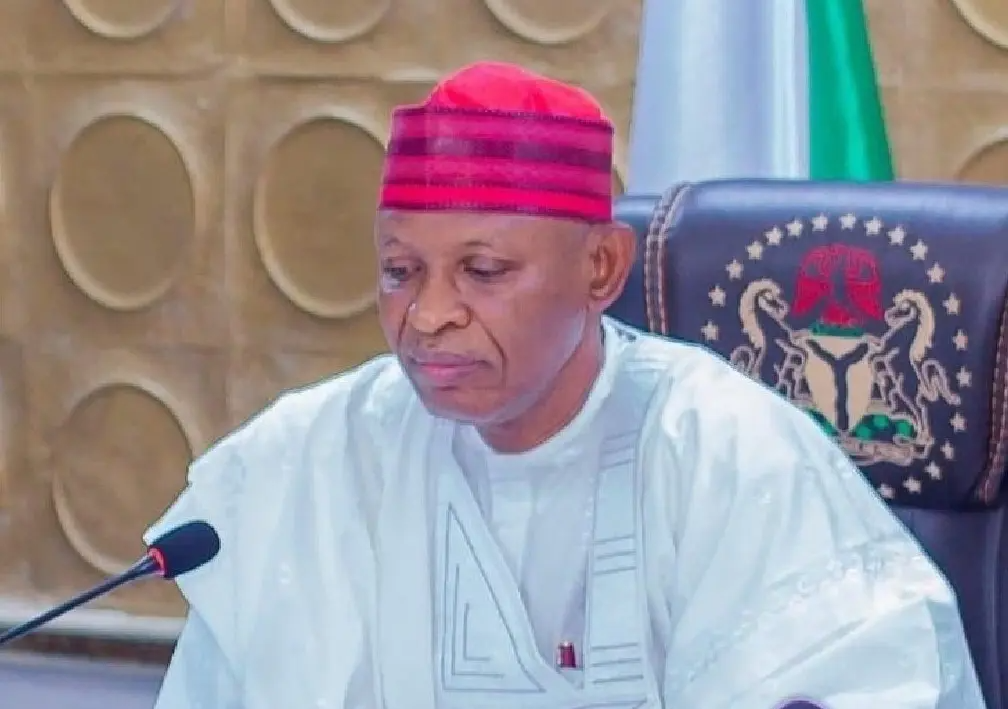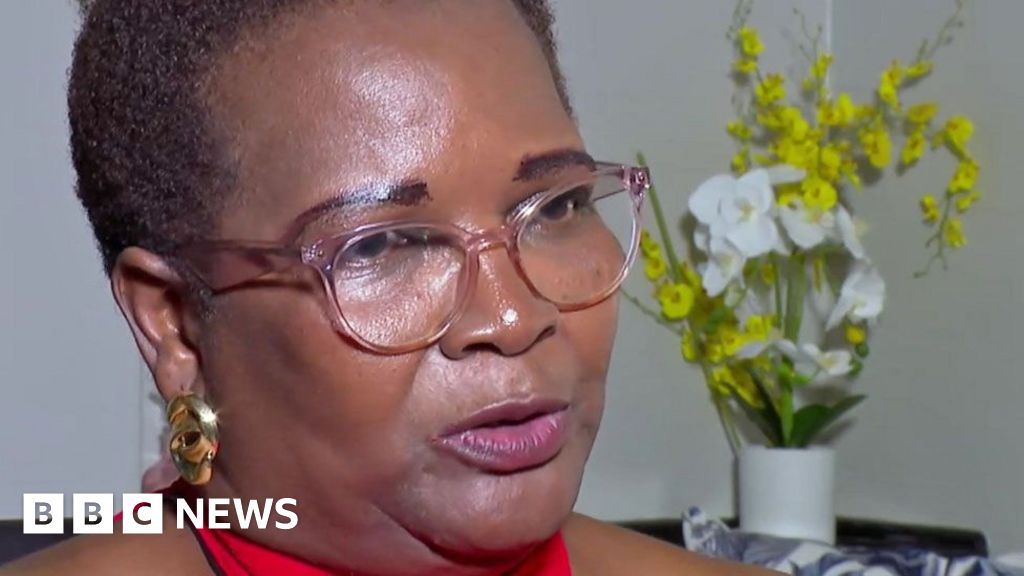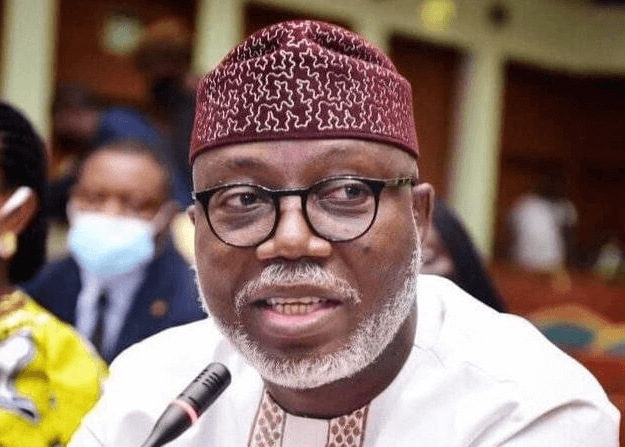The Nigerian government has been urged to strictly implement local content laws in order to protect and promote indigenous companies in the country’s key industries.
Experts have highlighted the success of the local content policy in the oil and gas sector, where it has led to increased ownership of assets by Nigerians and the creation of over 30,000 jobs since 2010.
Chairman of Nestoil Limited, Ernest Azudialu-Obiejesi called on the Nigerian government to ensure effective implementation of the local content laws, to protect the indigenous companies in the oil and gas sector.
Azudialu-Obiejesi, who spoke during a panel session at the 2024 NOG Energy Week in Abuja on Monday, said that Nigeria over the years has built much capacity in the sector which can be exported to other countries.
He said, “Nigeria has built quite a lot of capacities within the country. And one of the areas where we can pride ourselves is in the area of oil and gas. And we know that some of these capacities, we can’t export them, but the ones in the oil and gas, we can export to other countries. And exporting them means we need laws to make sure that those companies that are in Nigeria are already developed better.
“And to ensure those capacities in terms of human resource, experiences, capital, and equipment, so we can export them to other countries outside Nigeria. But also in doing that, I did quite recognise that one of the enabling tools is the NCDMB which is the Local Content Board. That content board has done quite a bit.
He however noted the setbacks in the sector, in terms of how enacted laws are enforced to protect the local companies. He added that one of the reasons why the local companies are not doing very well is because they don’t have a good bidding process.
“And there are a lot of people who are briefcase contractors who don’t have capacity, but they will tell you they have connections and because of that, they go and bid for jobs they cannot do at lowest prices. So these things have to be checked.
“So that when you are bidding for a job in the oil and gas industry, you compare apples to apples, not apples to oranges. So people of the same technical capacity can bid for a job. And when they are given that job, they’ll be able to do the job timely and within budget.
“So those are things we are trying to advocate. And by the time Nigeria has entrenched itself with all this capacity, very well as we have done, we can then go to other countries and then start helping them.
Start also making money by bringing those experiences to all those countries.
“And that is what the African continental free trade zone is trying to achieve so that they will break up the barriers, break up all the things that are inhibiting other countries from going to other countries to do business. Once all those things are broken and harmonisation is done, it’s easy for Nigerians to export the capacities we have in countries. And not by just Nigerians running away to go and work overseas,” he said.
He explained that Nest Oil has grown from a service company in 1991 to an oil producing company. The company which according to him has become one of the biggest pipeline companies in Nigeria, serving the IOCs.
According to him, there was need for countries, including Nigeria to enact laws that enforceable, stressing that lack of enforcement laws on the sector will leave local companies undeveloped while foreign investors repatriate investments to their countries.
He said, “I want to tell you that if you want your local content or if you want your capacity to grow or you want a transfer of technology or a state of even capacity in your country, you have to enact local content laws that are enforceable, that you have to be able to enforce. Making law is one thing.
“The other one is enforcing it, administering it, and making sure that it works. Because if you do not do that, what you’re going to see is a typical example where investments come to a country, stay, and the country becomes a major producer for 50 years, and the whole money will just be drained out of that country. The locals will not be able to develop.
In his remarks, director, Monitoring & Evaluation, Nigerian Content Development & Monitoring Board (NCDMB) Abdulmalik Halilu, stated that the Board ensures that the necessary procedures that will accelerate approvals for contracts to be awarded to qualified Nigerians are in place
He said that the Board has remained committed to ensuring that first consideration is given to Nigerian companies, irrespective of the type of company, while ensuring that local content is not compromised on the basis of standards.
“So we have pushed the discussion around standardisation by making sure that the Nigerian content equipment certificate that you need to obtain for you to be able to participate in the industry has elements of certification, be it ISO certification, process certification, and so on.
“So that enables us to ensure that all these companies operate in global standards, and that is why you can see that they are able to operate in countries like India, U.S., and so on. Finally, all of us as Nigerians, as investors, must have faith in the law.
“We have been very lucky. Today we have a president that also supports local content. That’s why there’s a push with the enabling executive orders. Beyond that, we also have enabling business efforts by the government to ensure that all regulators, not just NCDMB, ensure that they make life easy in terms of business enablement.
“So all these point to the fact that build capacity before you talk about exporting capacity, and that is why we’re having this discussion,” he said.

 4 months ago
5
4 months ago
5















 English (US) ·
English (US) ·